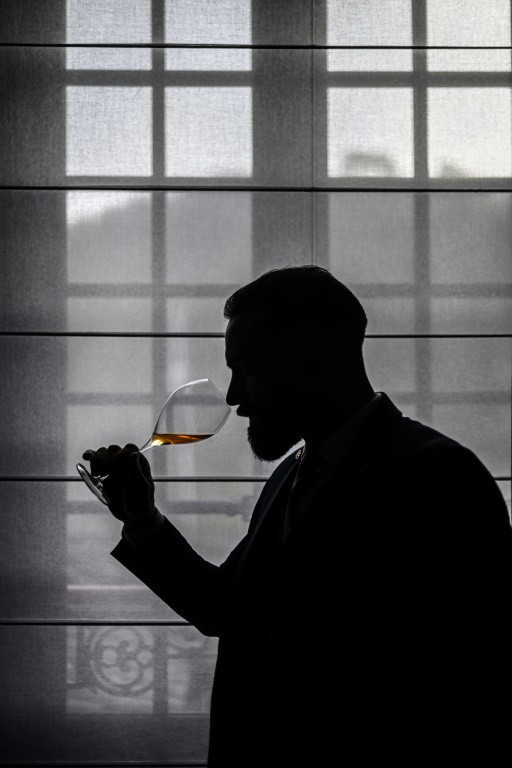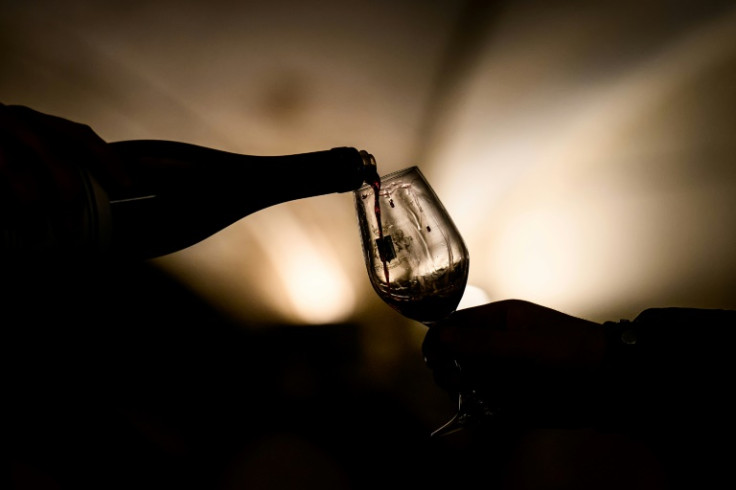French Winemakers Adopt US-style Marketing To Halt Falling Sales

France's wine makers, faced with a steep decline in sales, are turning to US-style marketing to revive their fortunes, including deep dives into global pop culture.
Once an unassailable ingredient of the French art of living, traditional bottled wine is on the decline.
Over the past six decades, 70 percent of per capita consumption has evaporated, and experts are predicting the downward trend will continue.
Fewer French people still consider a glass of wine with food essential. Younger generations often find wine culture complex and intimidating, preferring simpler fare such as beer and spirits.
So the wine industry is striking back with a marketing and branding drive worthy of Madison Avenue.
Thibault Bardet, whose family makes wine near Saint-Emilion in the Bordeaux region, harnessed his passion for fantasy TV shows to launch a "Game of Thrones"-themed line of wines, selling 80,000 bottles.
Encouraged by the success, he pushed out two more -- one based on the "Peaky Blinders" show and another on the "Lord of the Rings" saga. They were, he said, part "the toolbox to raise our wine's profile".
Bardet told AFP his domaine was also relying on direct sales to consumers instead of the traditional retail network.
This approach is part of a wider shift towards what the French call "Anglo-Saxon" marketing methods prevalent in English-speaking countries, said Sylvain Dade, co-founder of the Sowine marketing consultancy.
"French, Italian or Spanish wine makers put all their heart and soul into making wine with an emphasis on the local soil, and then hope it'll sell," he told AFP.
"In Anglo-Saxon countries, they ask what the consumer wants first".
Wine makers were beginning to wake up to the "need to invest in marketing", following the example of the wildly successful champagne industry, said Dade.
Young people especially "want brands", he said, "and there's no reason why we can't provide those for wine".
Some producers have also started to modify the wine itself, making it lighter, with lower alcohol content, and occasionally carbonated.
And the industry may even eventually cross lines that many wine lovers still find hard to swallow, such as selling their prized produce in aluminium cans like soft drinks, said Dade.
"When you think about consumption on the move, say for the beach or a picnic, there is clearly potential," he said.
Hipster culture, with its taste for authenticity, could also be turned into fertile ground for wine sales.
Some younger people appreciate the "local dimension" of wine and its "roots in nature", said Krystel Lepresle of Vin Et Societe, the wine promotion body.
But complicated wine descriptions, a plethora of quality categories and complex geographical origins are still major obstacles standing between young people and the ancient beverage.
Wine maker Emile Coddens, in his mid-20s, has tackled the task of educating his peers about the ins and outs of wine, posting explainers on the TikTok and Instagram platforms.
But initiatives where young people explain wine to other young people "using their language" are still rare, according to a recent study conducted by Vin et Society, among people born after 1994.

© Copyright AFP 2025. All rights reserved.




















